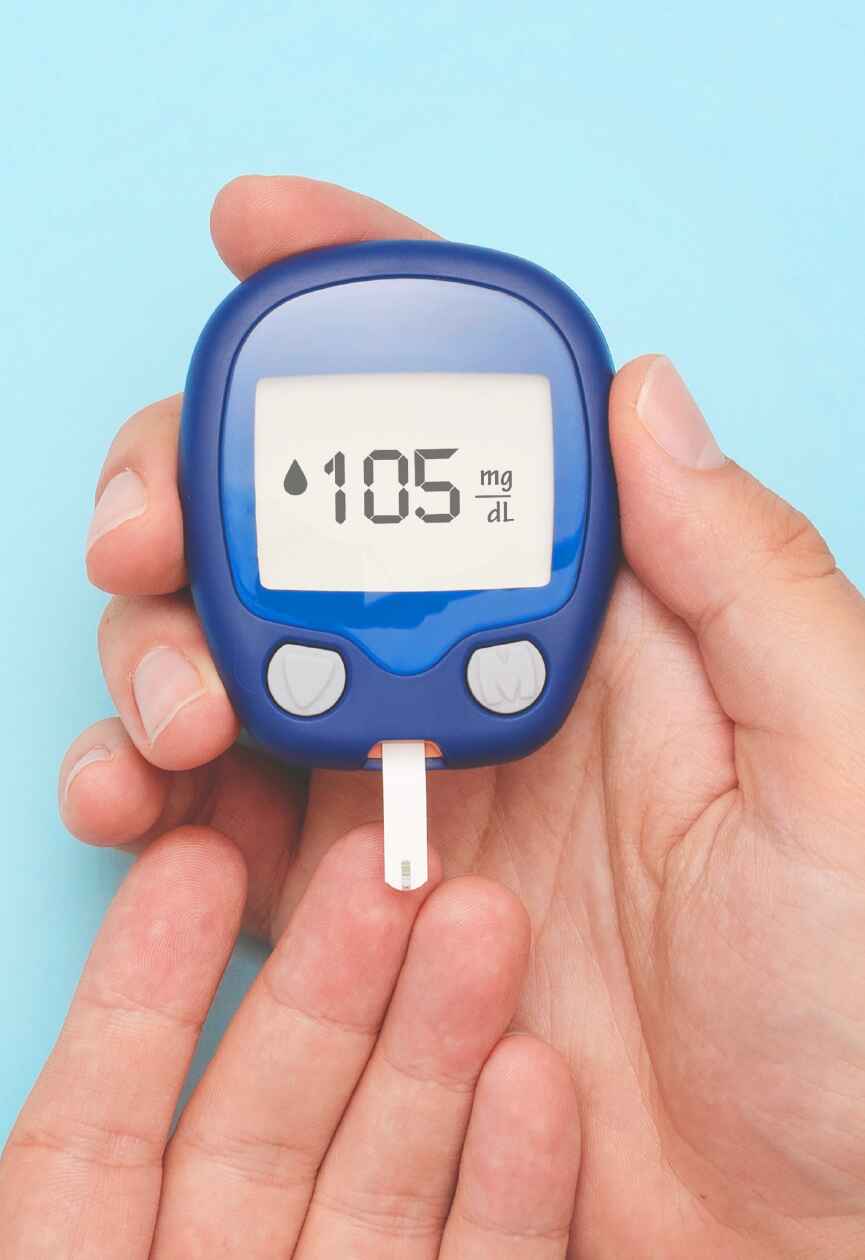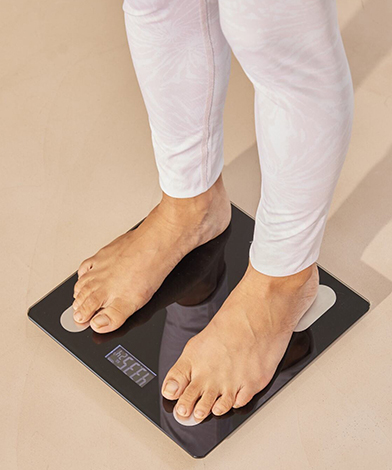76%
members meet HbA1c reduction goals
14%
drop in Body Mass Index (BMI)
7%
drop in Glucose Levels
91%
members are satisfied with care in program

members meet HbA1c reduction goals
drop in Body Mass Index (BMI)
drop in Glucose Levels
members are satisfied with care in program
Improvement in metabolic health
Reduce medical expenses
Improve quality of life
Better mental and physical wellness
Sustainable diabetes management
Habit forming positive changes

|
|
|
|
|
|
Buy Now
|
Buy Now
|
Buy Now
|







This will close in 20 seconds
This will close in 0 seconds
This will close in 0 seconds